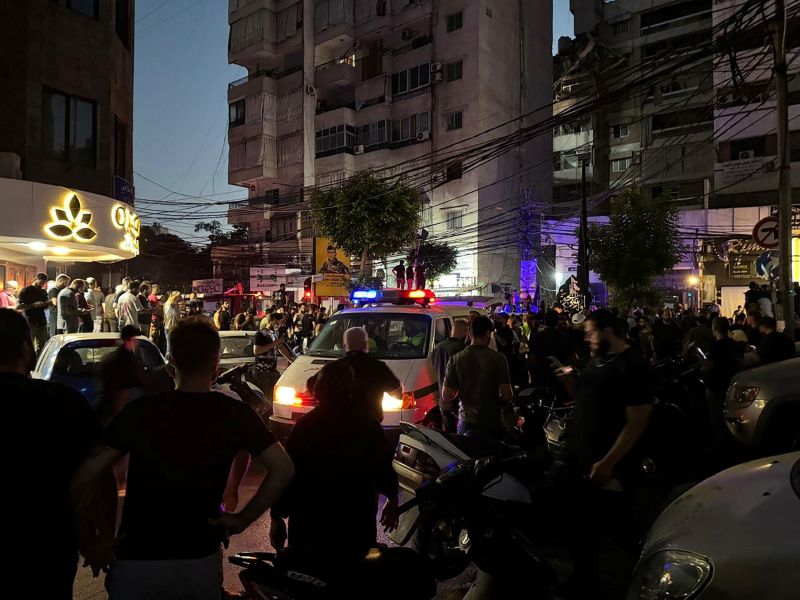
Israel Launches Bold Strike on Hezbollah Leader in Beirut Following Golan Heights Assault
The recent targeted strike by Israel on a Hezbollah commander in Beirut has once again highlighted the complex and volatile dynamics that define the Middle East region. The strike comes in the wake of a deadly attack in the Golan Heights, which has further escalated tensions between Israel and Hezbollah, adding fuel to the ongoing conflict in the region.
Hezbollah, a Shiite militant group based in Lebanon, has long been a thorn in the side of Israel, with the two sides engaged in a bitter and protracted struggle for dominance in the region. The group, backed by Iran, has emerged as a key player in the Syrian civil war, fighting alongside the Bashar al-Assad regime against rebel forces and Islamic State militants. This has further complicated the already tangled web of alliances and rivalries in the region.
Israel’s decision to target a Hezbollah commander in Beirut is a clear signal of its determination to tackle what it sees as a growing threat to its security. The strike represents a significant escalation in hostilities and raises serious concerns about the potential for further violence in the region. It also underscores the challenge of conducting military operations in densely populated urban areas, where the risk of collateral damage and civilian casualties is high.
The timing of the strike, coming so soon after the deadly attack in the Golan Heights, suggests that Israel is adopting a more aggressive stance towards Hezbollah and its allies. The attack in the Golan Heights, which resulted in the deaths of several Israeli soldiers, was a clear provocation that Israel could not ignore. By targeting a Hezbollah commander in Beirut, Israel is sending a strong message that it will not hesitate to take action to defend its interests and protect its citizens.
The strike has also raised concerns about the risk of further escalation and the potential for a wider conflict in the region. With so many powerful and heavily armed players involved, any miscalculation or misstep could easily spiral out of control and lead to a full-blown war. This underscores the urgent need for all parties involved to exercise restraint, seek diplomatic solutions, and work towards de-escalating tensions before it is too late.
In conclusion, the targeted strike by Israel on a Hezbollah commander in Beirut represents a dangerous escalation in an already volatile region. The strike highlights the deep-rooted animosities and rivalries that define the Middle East and underscores the complex dynamics at play. It also serves as a stark reminder of the fragility of peace in the region and the urgent need for all parties to work towards dialogue, de-escalation, and conflict resolution. Failure to do so could have catastrophic consequences for the region and beyond.
